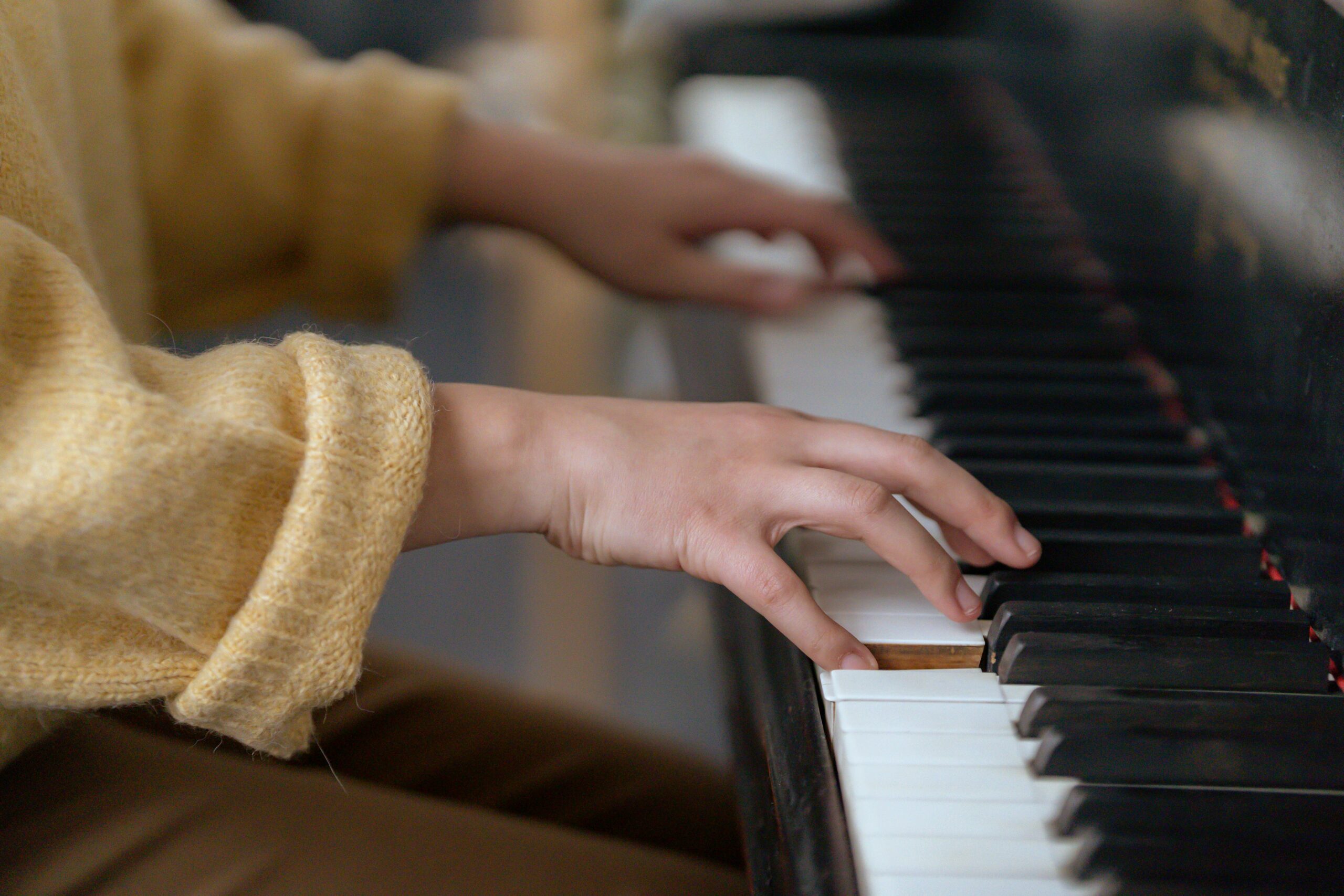It’s not a surprise that teens are not getting enough sleep. Between school stressors and spending too much time on screens, sleep is not made a priority. Unfortunately, not getting enough shut-eye can have a negative effect on mental health.
A new research paper authored by University of South Australia sleep experts Dr. Alex Agostini and Dr. Stephanie Centofanti confirms that although sleep is linked to mental health it is commonly overlooked by health practitioners as a contributing factor.
“Getting enough sleep is important for all of us – it helps our physical and mental health, boosts our immunity, and ensures we can function well on a daily basis,” said Agostini. He also confirmed the relationship between sleep and mental health especially during the teenage years.
He stated, “Research shows that teenagers need at least eight hours of sleep each night. Without this, they’re less able to deal with stressors, such as bullying or social pressures, and run the risk of developing behavioral problems, as well as anxiety and depression. If sleep drops to less than six hours a night, research shows that teens are twice as likely to engage in risky behaviours such as dangerous driving, marijuana, alcohol or tobacco use, risky sexual behaviour, and other aggressive or harmful activities.”
Centofanti said that while many factors contribute to later bedtimes for teenagers, technology is one of the greatest offenders. “Teens spend a lot of time on devices, whether it’s texting friends, playing games, or watching videos, using technology late into the night is one of the most common disruptors of good sleep. Overuse of technology can also contribute to mental health issues likely to increase anxiety.”
It is also important to note that although the use of technology can make teens feel anxious and awake the blue light emitted from their devices inhibits the production of melatonin which delays falling asleep naturally.
“To make a real difference to teenage mental health, both parents and medical practitioners must understand how sleep can affect mental health in teenagers,” said Centofanti.








